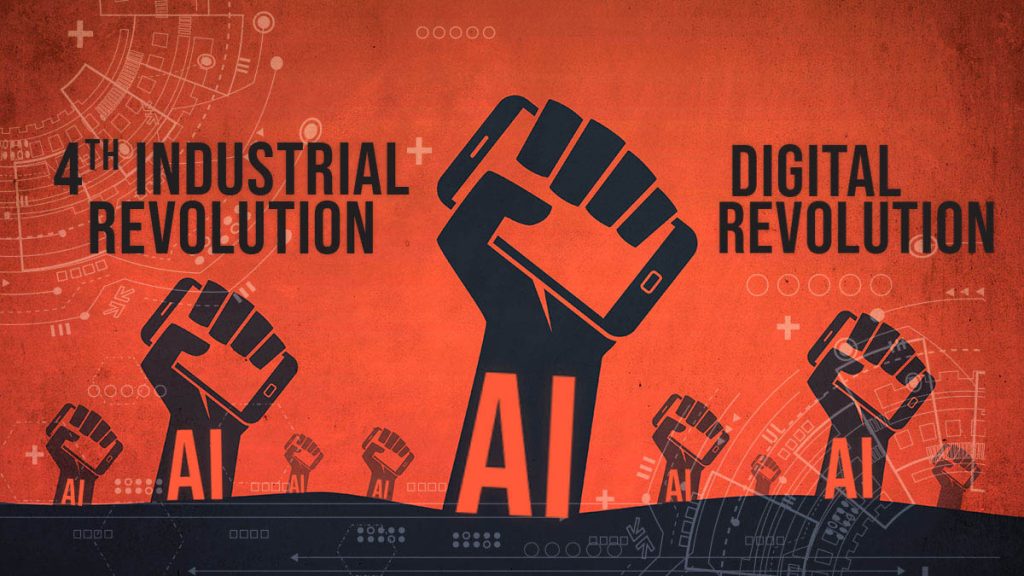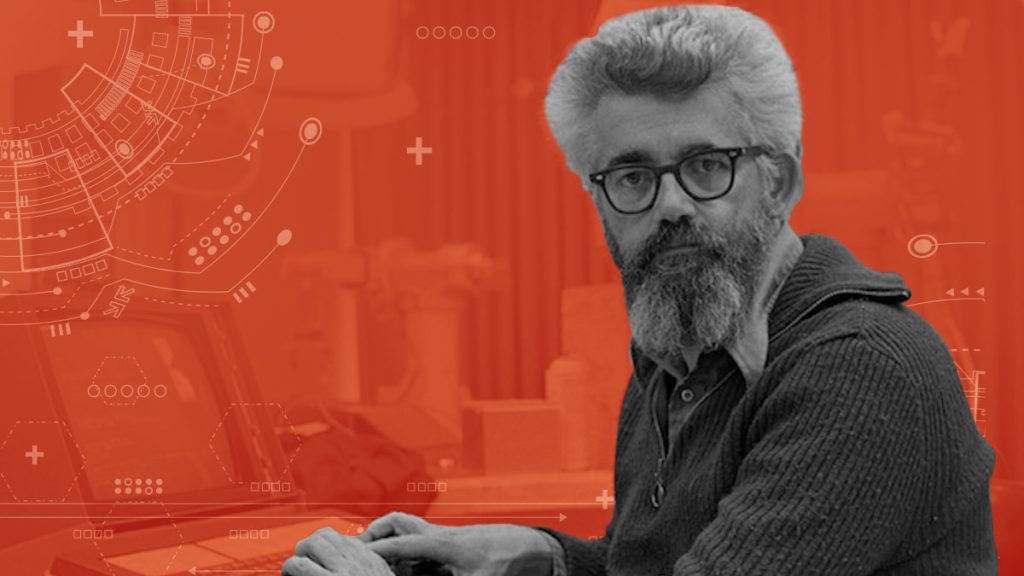
The first thing that might pop up in mind when hearing the term AI might be Sci-FI movies and shiny robots living side by side with humanity. Still, the history of artificial intelligence can be traced back to ancient classical philosophers pondering human thinking and its symbolic system. Yet achieving high concepts of AI wasn’t so simple. It took several decades and countless reports criticizing the progress in AI. Government funding and interest in the field plummeted, known as the AI “winter,” which lasted from 1974 till 1980 and ended when the British government initiated funding again to compete with Japanese efforts. But who created the term Artificial Intelligence?
Why Is AI called AI?
The name Ai name origins come from one of the pioneers and most significant innovators in the field: John McCarthy, globally referred to as the father of ai. Among his outstanding contributions to the area of Computer Science and AI, John coined the term AI in the mid-1950s, which he defines as the science and engineering of making intelligent machines.
Why is John McCarthy the Father of AI, and Who Was He?
Besides being the father of AI, John McCarthy who created the name AI was a respectable computer and cognitive scientist.McCarthy introduced his definition of Artificial Intelligence during a conference at Dartmouth College in the summer of 1956, kicking off the era of AI research. The attendees alongside him became the leaders of AI research for multiple decades.
McCarthy also invented Lisp, the benchmark programming language used in robotics and various scientific applications, and a plethora of internet-based services ranging from credit-card fraud detection to flight schedules.

John McCarthy created an AI laboratory at Stanford University, where he worked on preliminary versions of a self-driving car. He published papers on robot consciousness and free will and worked on making programs more precisely understand or replicate common-sense human decision-making.
A major John McCarthy invention was a prototype of computed time-sharing or networking, allowing many people to send data by linking to the central computer. In 1960 he stated that computation might someday be organized as a public utility, and the concept of cloud computing was born. The father of AI grabbed the world’s attention in 1966; he hosted a series of four synchronous computer chess matches via telegraph against the competition in Russia. The matches carried on for several months, and the result was two losses for the AI and two draws.
Artificial Intelligence in Our Present Day
We use AI pretty frequently in our present day, but we usually don’t know that particular day-to-day things are actually AI-powered. We use AI-powered apps and tools for online shopping, web searches, translating, chatbots, and cyber security, to name a few. Many sectors implement AI into their structures, like the health care sector, the agriculture sector, and the finance sector, to simplify it: many companies benefit from AI to automate their Inventories and uplift their supply chain. Since e-commerce is experiencing notable growth and becoming increasingly prominent, firms are spending their money on digitalization and e-commerce. Each business that uses e-commerce must manage its warehouse alongside its supply chain effectively. With AI, they can minimize faulty mishaps while handling orders which will, in turn, shorten delivery times. Regarding the health sector, machines are used to diagnose diseases and keep track of patients’ health; AI also helps develop massive data technology, which assists multiple industries and businesses.
Analyzing and the correct interpretations of data is an essential need for organizations to maintain a competitive edge and sustain profitability. Big data is complex and rapidly generated. Processing traditional data is not sufficient; that’s why AI-powered tools are needed to deal with big data.
What Does the Future Hold for AI?
After witnessing AI’s impact on our today, let us see how it can help us shape our tomorrow. AI will achieve vastly more in the future through significant contribution to solving many obstacles humanity faces. Artificial Intelligence will improve cancer diagnostics and the detection of psychotic ailments. Additionally, it can aid lessen errors and eliminate repetitive or hazardous tasks from human life functions that take a high number of working personnel to complete can be automated and done by AI. Working people and the corporate world will become more efficient with the presence of AI, not only that Artificial Intelligence can help solve crises that face humanity, such as global warming and climate change. The future is bright for AI, from powering vehicles to working hand to hand with human force, with fewer accidents on the roads and in workplaces. Scientists and even sci-fi fanatics can discuss the notion that AI will eventually replace us, but for now, AI is here to Co-operate with us, not replace us.
We often don’t know that we are in contact with Artificial intelligence since we’re getting used to innovation and the new beautiful things that technology is offering us. People don’t stop to think about the behind the scenes and the science of the gadgets and software they use.
Without Artificial Intelligence, the world will no longer have virtual assistants, not on the web nor daily use smartphones. Artificial intelligence offers so many solutions for problems we think never existed before. Humanity should be forever grateful to each person involved who inspired so many to take the journey to make AI what it is now. A moment of reflection will be enough to realize the impact of the father of AI: John McCarthy.